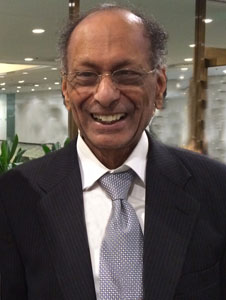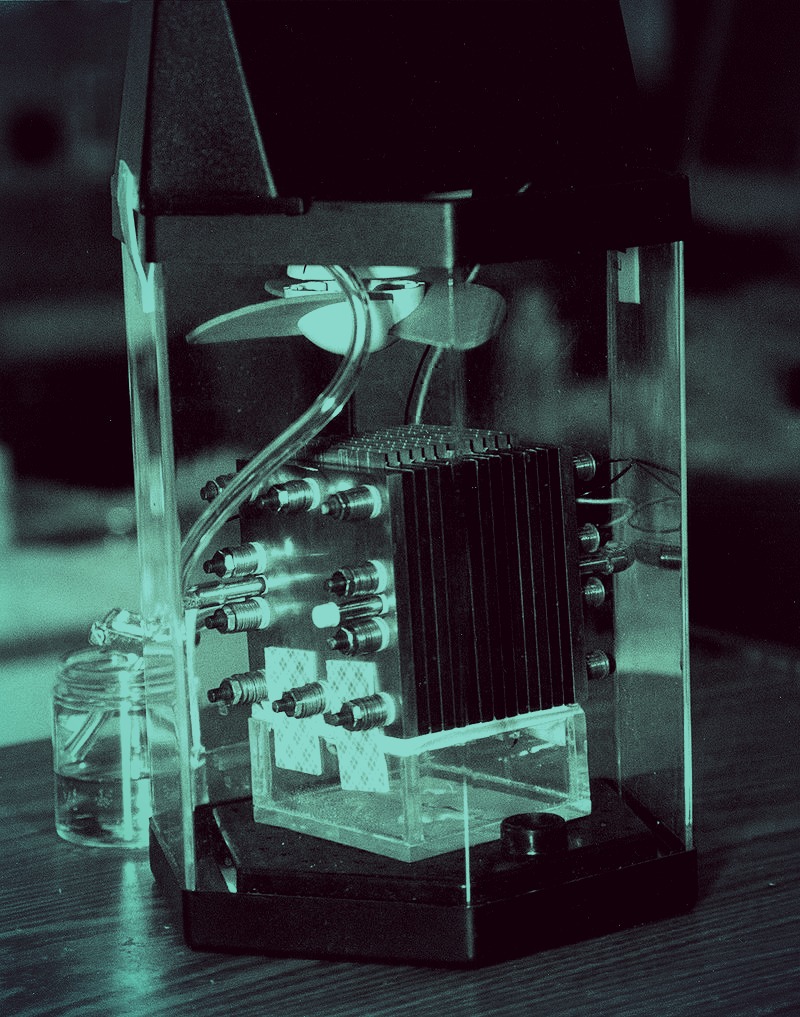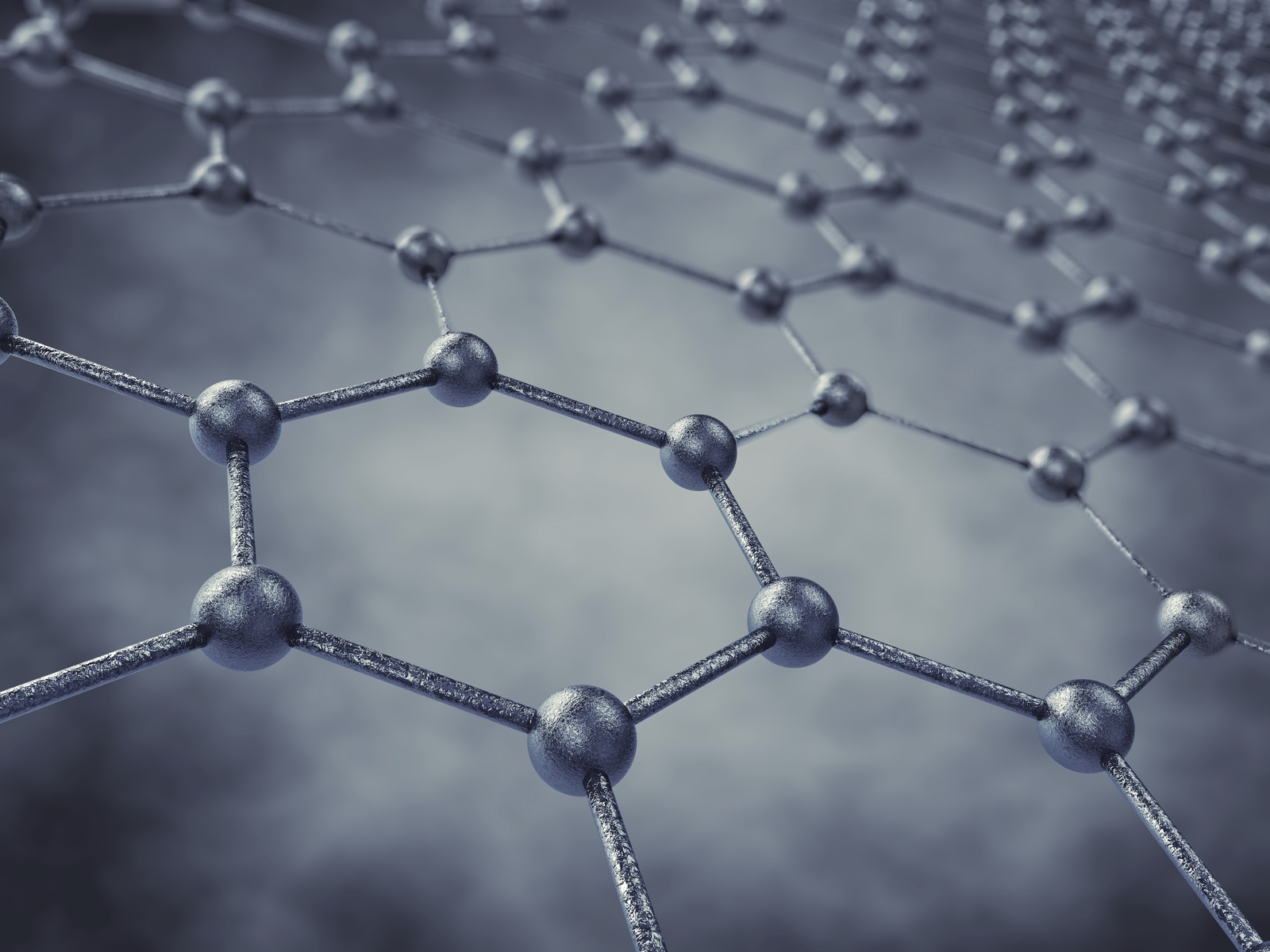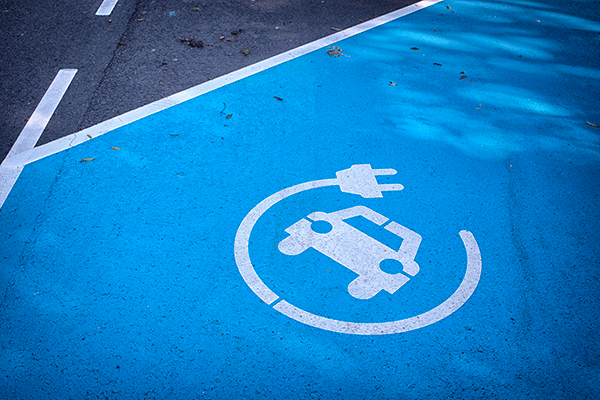
S.V. Babu courtesy of Clarkson University
ECS recently announced the reappointment of S.V. Babu, Distinguished University Professor of Chemical and Biomolecular Engineering in Clarkson University’s Wallace H. Coulter School of Engineering, to its Editorial Advisory Committee (EAC).
The EAC expedites and facilitates evaluation and publication decisions of manuscripts submitted to ECS journals. In this role, experts like Prof. Babu, provide support to the journal editors in areas where existing technical editors and associate editors may need additional assistance. Committee members are available for a rapid review and additional opinions to supplement conflicting or imbalanced comments from other reviewers; processing assistance in the journal areas that receive a large number of annual submissions; and reviewing and expediting articles that go in the Society’s other communications media.
Babu is the past director of Clarkson’s Center for Advanced Materials Processing and an expert in the field of chemical-mechanical planarization (CMP), holding 31 patents. He has supervised 44 PhD and 38 MS students and is a co-author of more than 250 professional publications, including 198 peer-reviewed publications. He has organized and co-organized many conferences and symposiums, as well as served as keynote speaker numerous times. He has been named twice with the IBM Faculty Award (2004 and 2016), and acknowledgement of his contributions to education and research from Intel, The Chinese Academy of Sciences, and the World Education Congress among other external recognition.



 Researchers have found a way to use magnetic nanoparticle clusters to punch through biofilms to reach bacteria that can foul water treatment systems.
Researchers have found a way to use magnetic nanoparticle clusters to punch through biofilms to reach bacteria that can foul water treatment systems.
 Researchers from Lappeenranta University of Technology (LUT) and VTT Technical Research Centre of Finland have successfully created food out of electricity and carbon dioxide, which they hope could one day be used to help solve world hunger.
Researchers from Lappeenranta University of Technology (LUT) and VTT Technical Research Centre of Finland have successfully created food out of electricity and carbon dioxide, which they hope could one day be used to help solve world hunger. A new device improves on the sensitivity and versatility of sensors that detect doping in athletics, bomb-making chemicals, or traces of drugs. It could also cut costs.
A new device improves on the sensitivity and versatility of sensors that detect doping in athletics, bomb-making chemicals, or traces of drugs. It could also cut costs. Scientists have turned wood into an electrical conductor by making its surface graphene.
Scientists have turned wood into an electrical conductor by making its surface graphene.
 When will cars powered by gas-guzzling internal combustion engines become obsolete? Not as soon as it seems, even with the latest automotive news out of Europe.
When will cars powered by gas-guzzling internal combustion engines become obsolete? Not as soon as it seems, even with the latest automotive news out of Europe.